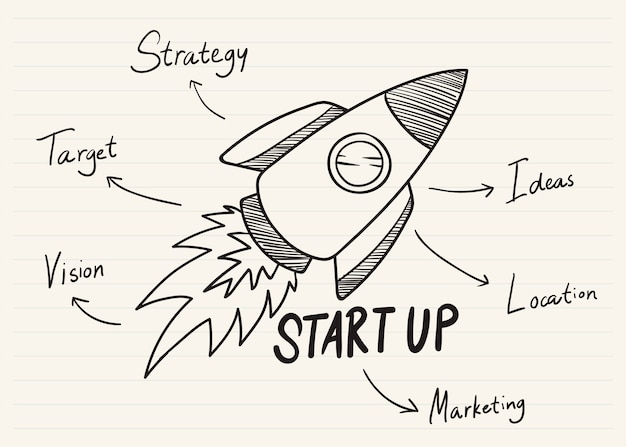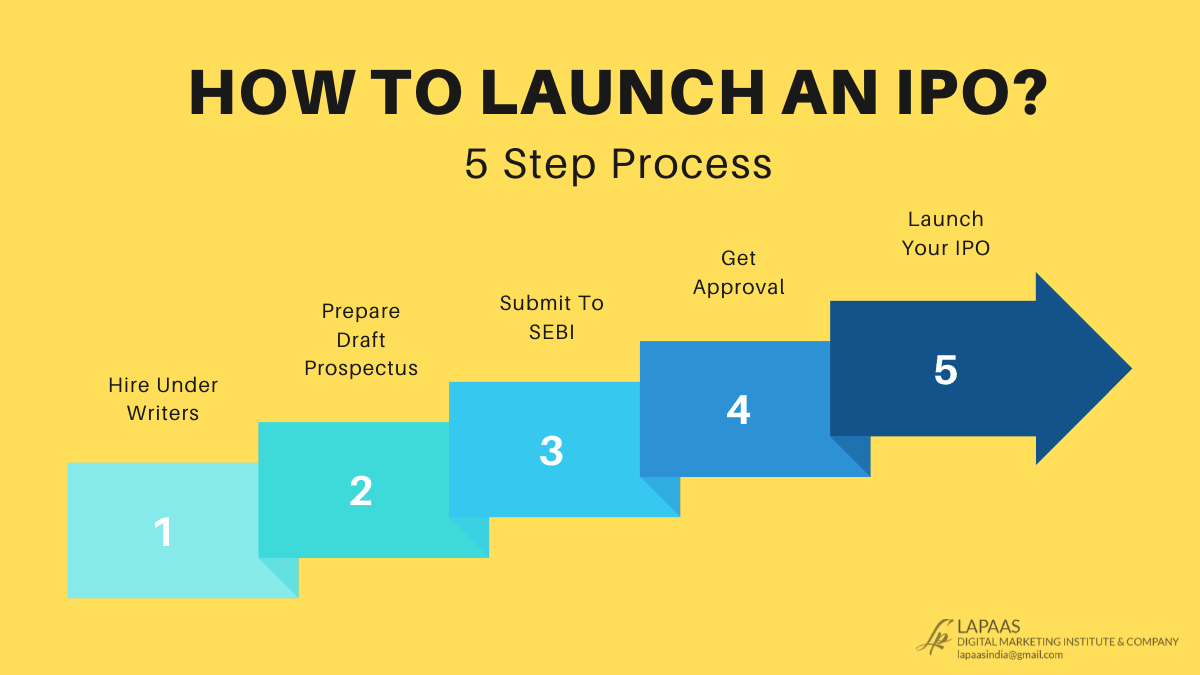
What is Start-Up?
Before we know how we can start a start-up we should know about the start so a startup company or startup or start-up is an entrepreneurial venture or a new business. According to the Startup India Action Plan released by the Department of Industrial Policy and Promotion (DIPP) on 16th January 2016 during the #StartupIndia, #StandupIndia launch event, “Startup” has been defined to mean an entity incorporated or registered in India, with an annual turnover not exceeding Rs.25 crore in any preceding financial year, and working towards innovation, development of new products or services are driven by technology or intellectual property. Start- up is not only launching a unique Business Idea or Product is all about late-night Hustle, Bank carports, sleepless Night, money, time. someone ask me how much it cost to start-up my replay is simply everything.

Types of Registration for Start-up?
A start-up business can be incorporated commonly as a proprietorship firm, a partnership firm, a Limited Liability Partnership (LLP), or, a private limited company.
Sole Proprietorship
Sole Proprietorship is a form of a business entity where a single individual handles the entire business organization. He is the sole recipient of all profits and bearer of all the losses. There is no separate law that governs Sole Proprietorship.
Partnership
A Partnership is “the relation between persons who have agreed to share the profits of the business carried on by all or any one of them acting for all”. It is governed by the Indian Partnership Act 1932.
Limited Liability Partnership
Under LLP (Limited Liability Partnership) the liability of at least one member is unlimited whereas the rest all the other members have limited liability, limited to the extent of their contribution to the LLP. Unlike a general partnership, this kind of partnership does not get terminated by the death or insolvency of the limited partners. It is governed by the Limited Liability Partnership Act of 2008.
Private Ltd Company
A private company has the following features:
- Restricts the right of the shareholders to transfer their shares
- Has a minimum of 2 and a maximum of 50 members
- Does not invite the public to subscribe to its share capital
- Must have a minimum paid-up capital of Rs. 1 lakh or such a higher amount which may be prescribed from time to time

How to begin your startup journey?
- Problem Identification
It is very much essential for a founder of a startup to encounter a problem or identify a problem in the real world. As said by Steve Huffman, Founder, Reddit – “Identify a Genuine Need and Fill it“. The more intense the problem is, the better chances to be a successful startup. - Ideation
Idea Generation or Ideation is a process of generating ideas to provide a solution to the problem identified. The innovative idea with a simplified solution is the key thing to be considered at this stage. - Building a Minimum Viable Product (MVP)
Once the idea is generated and a solution is decided, the next stage is developing the minimum viable product (MVP). A small workable model of the product with minimum features is introduced in a small group of users, early adopters. Regular feedback from these users and pivoting the product as per this feedback leads to a Minimum Viable Product. The process is iterated until a desirable product/market fit is obtained. MVP is the product with the highest return on investment versus risk. - Traction
Once the MVP is in place, then comes the role of reaching out to the target group of users of this MVP. This helps in giving traction to the startup.
Traction is quantitative evidence of market demand. Traction is proof that somebody wants your product. Ideally, it should communicate momentum in the market adoption. Traction is found most convincing when the startup starts getting Profitability, Revenues, Active users, Registered users, Engagement, Partnerships/clients, Traffic, etc.
Document Required for Start-up Registration?
You need ID proofs and Address proofs to start a new company. PAN and Aadhar are important for Indian Residents.
There are a bunch of other declarations and NOCs needed. It's best to connect with a service provider who shall assist you to incorporate and they should be able to take care of these docs. It's not possible to incorporate without a professional (CA, CS, or Lawyer).
How to Test Your Start-Up
Wow, you are ready to test your Start-up on Pilot Run. how you can test your start-up
Well with the help of Facebook ads you can test your start-up under ₹5000.
Steps to follow :
1 – Create a website –
You need to create your website first a Good Looking Website that describes your business or start-up idea.
2- Create Facebook Page –
Create a Facebook page with Your Business or Start-up name and Start uploading content on that & Build your organic audience.
3- Create ads Manager Account –
Now you need to create an ads Manager Account so you can set up a campaign for your website and page
4- Create ads
Create Google ads with your targeted audience. run your ads a minimum of 7 days to 14 days so you can demographics for your Business idea & Start-up.
5- Analytics
Now observed your ad's analytics and check the interest of your Audiences. If you’re getting a positive Response you can continue with your start-up if you’re not getting the proper response you can audit your start-up idea and bounce back with more energy.

Conclusion
Here is my Guide for which help you to start a start-up and grow your business which investing so much money in marketing, product development, hiring, & other expense now you can start your business with a Very low amount & scale it up to infinity. also, you can become your own boss because start a start-up is still a dream for so many people so take one step more and full fill your dream with the roller costar journey of a start-up




